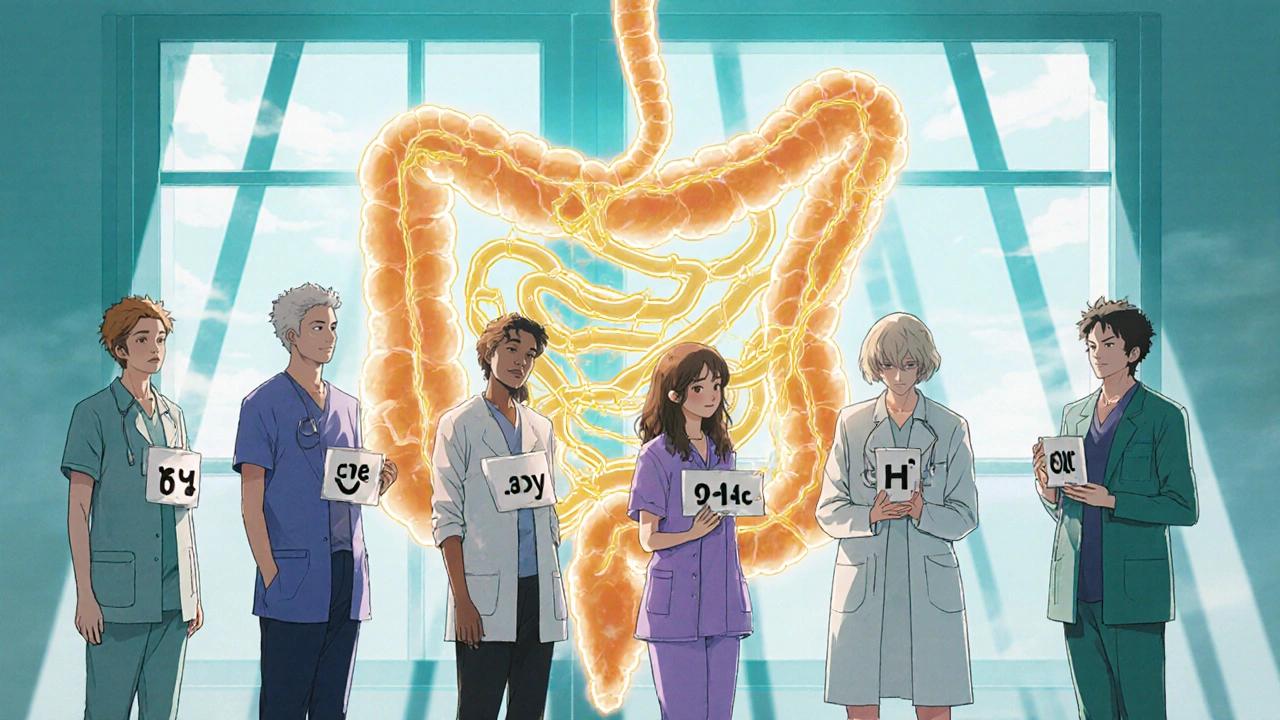Diabetes Remission: What It Really Means and How It Happens
When people talk about diabetes remission, a state where blood sugar returns to normal without needing diabetes medication. It’s not a cure, but it’s real — and more common than you think. If you’ve been told you have type 2 diabetes, hearing the word "remission" might sound like a miracle. But it’s not magic. It’s science — and it’s happening every day to people who change how they eat, move, and sometimes, what meds they take.
One of the biggest drivers behind diabetes remission, a state where blood sugar returns to normal without needing diabetes medication. It’s not a cure, but it’s real — and more common than you think. is losing weight. Studies show that losing just 5–10% of body weight can bring blood sugar down enough to stop pills or insulin. That’s not a drastic change — it’s about 10–20 pounds for many people. And it’s not just about cutting calories. The kind of food matters. Cutting processed carbs and sugar gives your liver and pancreas a break. Your body starts using insulin better. Your blood sugar drops. Over time, your pancreas may even start making insulin normally again.
Then there are the newer medicines. Drugs like GLP-1 agents, a class of medications that help lower blood sugar and promote weight loss. It’s not a cure, but it’s real — and more common than you think. is losing weight. Studies show that losing just 5–10% of body weight can bring blood sugar down enough to stop pills or insulin. That’s not a drastic change — it’s about 10–20 pounds for many people. And it’s not just about cutting calories. The kind of food matters. Cutting processed carbs and sugar gives your liver and pancreas a break. Your body starts using insulin better. Your blood sugar drops. Over time, your pancreas may even start making insulin normally again.
One of the biggest drivers behind diabetes remission, a state where blood sugar returns to normal without needing diabetes medication. It’s not a cure, but it’s real — and more common than you think. is losing weight. Studies show that losing just 5–10% of body weight can bring blood sugar down enough to stop pills or insulin. That’s not a drastic change — it’s about 10–20 pounds for many people. And it’s not just about cutting calories. The kind of food matters. Cutting processed carbs and sugar gives your liver and pancreas a break. Your body starts using insulin better. Your blood sugar drops. Over time, your pancreas may even start making insulin normally again.
Then there are the newer medicines. Drugs like GLP-1 agents, a class of medications that help lower blood sugar and promote weight loss — such as semaglutide and tirzepatide — are changing the game. These aren’t just for weight loss. They help your body manage sugar more naturally. Many people on these drugs see their A1C drop into the normal range. Some stop all diabetes meds. That’s remission. But it doesn’t happen overnight. It takes time, consistency, and often, a mix of diet, movement, and medicine.
And it’s not just about the numbers on a glucose meter. People in remission often feel better — more energy, clearer thinking, fewer cravings. They sleep better. Their blood pressure drops. Their joints don’t ache as much. These aren’t side effects — they’re signs your body is healing.
But here’s the catch: remission isn’t permanent unless you keep doing the work. If you go back to old habits, blood sugar creeps up again. That’s why the best outcomes come from people who treat remission like a lifestyle, not a finish line.
Below, you’ll find real, practical posts that break down how this works — from the dawn phenomenon and morning spikes to how new GLP-1 drugs help, and why buying generic metformin safely can be part of the journey. These aren’t theories. They’re tools people are using right now to take back their health.

Metabolic Surgery Outcomes: Real-World Weight Loss and Diabetes Remission Rates
Metabolic surgery offers the most effective path to weight loss and type 2 diabetes remission for obese patients. Learn real-world success rates, who benefits most, long-term outcomes, and why so few eligible patients get treated.
